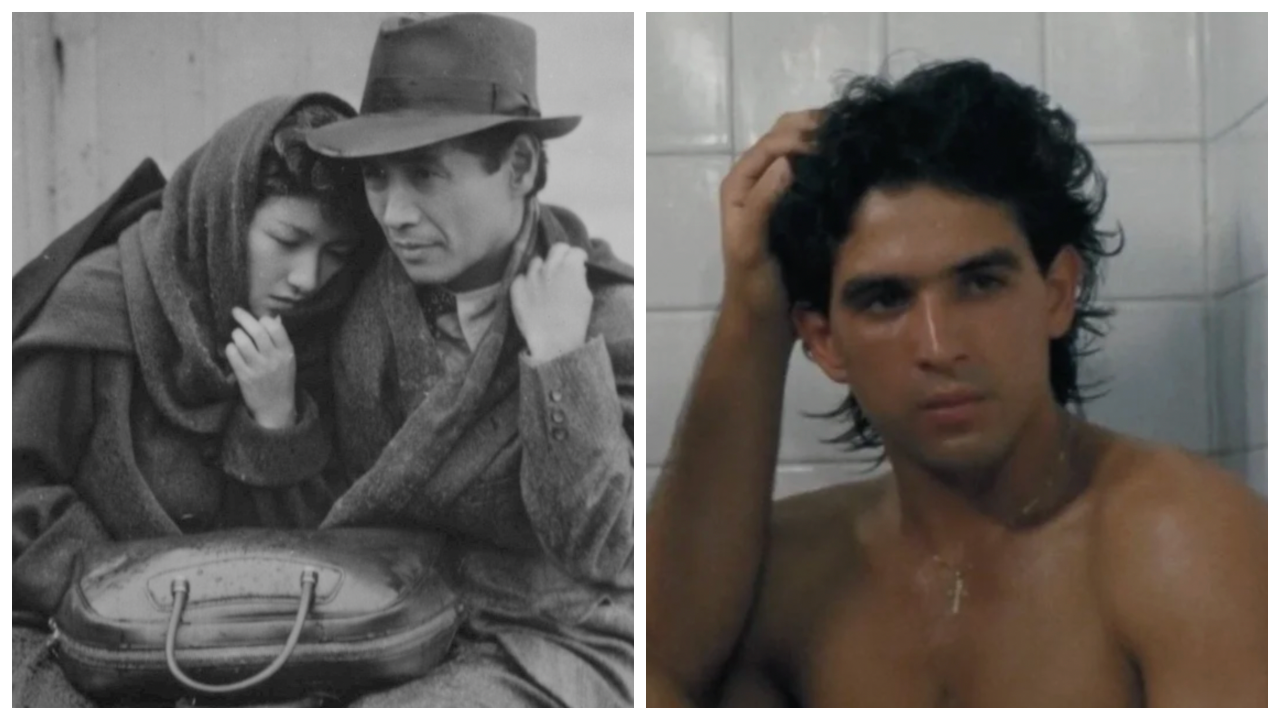Welcome back to The Flyover, your daily digest of what local media outlets and Twitter-ers are gabbing about.
Playing God with Squirrels? Theodore Wirth Tried It.
Before he was a park, Theodore Wirth was a man with strong feelings about squirrels. Specifically, the red squirrels in Loring Park, which he believed were a menace to society. “These red devils are angry, bloodthirsty creatures who murder baby songbirds,” he was (probably) quoted saying. So he did what any white dude in the early 1900s would do: He ordered their mass execution via gun-wielding park police, and imported a horde of majestic, genteel gray squirrels from Washington, D.C. The results? Mixed. Mass populating an area with invasive rodents is always going to lead to trouble. While the gray squirrel is friendlier to humans (to the point that the Tribune was calling them “cream-puff squirrels” 20 years after their introduction), they also do things like eat their way through gardens, build nests inside electrical boxes, chew wires for snacks, and munch on whatever baby birds they find. You can read all about Minneapolis’s red squirrel/gray squirrel history in this delightful article by Susan Du.
Native Cameroonian to Fellow Minnesotans: PolyMet’s Owner Uniquely Crooked
Copper/sulfide mining in northern Minnesota is a disastrous idea. You know that. You have common sense. (The most persuasive argument against it is that it'd require expensive, high-stakes remediation efforts for eternity and... companies don't last that long.) But do you want an international perspective on Glencore, the Swiss commodities giant whose subsidiary, PolyMet, wants to begin the dangerous extraction process between the Boundary Waters and Lake Superior? Minnesota Reformer supplies just that with commentary from Eric Ini of the Minnesota Center for Environmental Advocacy. A native of Cameroon, Eni has witnessed the corrupt shenanigans of Glencore for years.
"Just this month, Glencore paid a $180 million fine for corruption in the Congo," he writes. "Last month we learned that 11 former Glencore employees could be under investigation in the UK for bribery in five African countries. Founder Mark Rich admitted to the bribery, including in my native Cameroon, in a case where prosecutors described the flying of cash bribes across the continent in private jets. Here, Glencore has been under investigation by the U.S. Department of Justice." And that's just the tip of the crooked corporate iceberg. Ini encourages readers to simply google "Glencore fraud” for more damning intel on the second-worst company in the world. "So what I can’t help but ask is, why on earth would Glencore be allowed to do business here in Minnesota?" he concludes. "Especially when thousands of acres of wetlands and billions of gallons of fresh clean water are on the line?" Great question.
Local Cornhole Pro Goes from Bags to Riches
Did you ever dream of becoming Minnesota’s first professional cornhole player? Well, too late, loser, because 21-year-old Lexi Hugeback of Kasson beat ya to it. In a very sweetly Minnesotan yet also informative profile for MPR News, Alex V. Cipolle speaks to Hugeback and her family to get the scoop on pro cornhole—or as real ‘hole heads call it, bags. Last September, about a year after she learned that professional cornhole was even an option, Hugeback became one of 250 pros in the U.S. and one of just 32 women. The story also shares some tips on mastering the game, which players agree is “90% mental.” Says Hugeback, “I kinda like that you have to think your way into situations and also get your way out of them by thinking.” There’s even money in the sport—not NBA money, maybe not even WNBA money, but enough in sponsorship deals and cash prizes that Hugeback is paying for college and had enough left over to buy her corgi, Lulu.
Some Biking Things
It's basically the weekend... is there a bike ride in your future? Winter biking can be a blast, and over at streets.mn this week, Racket contributor Dan Marshall has some great advice for cycling in the snow. A few quick tips: get a beater bike, bring a fender, and make sure you have lights and a lot of patience. Also, don't be afraid to fall!
More tenuously connected to Minneapolis (but really, relevant everywhere in the United States), is this story in Slate about the history and danger of the bike helmet. In it, Marion Renault—a longtime bike commuter in cities including Milwaukee, Chicago, Columbus, Minneapolis (local angle), and New York City—lays out some of the costs associated with the helmet's rise. "In the past 50 years, as helmet designs have become more sophisticated, adult cycling deaths in the United States have not declined—they’ve quadrupled," she reports. Hmm, it's almost as if cyclist safety has less to do with the actions of individual riders and more to do with infrastructure and vehicle designs that put them in danger!
(And before you get all up in arms: Renault, and every expert she spoke with for this story, still unequivocally recommend keeping your noggin protected with a helmet while you ride your bike.)







